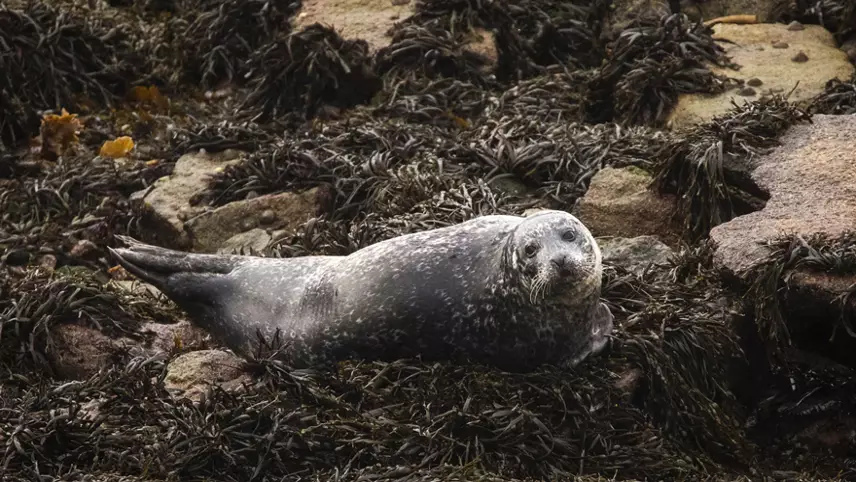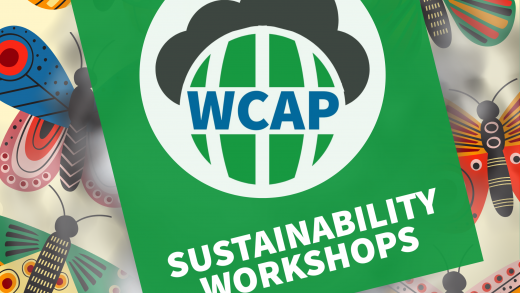The UK Government has published its latest progress report on the 25-Year Environment Plan, revealing that progress has gone backwards in many areas including water consumption, litter in the North Sea and the abundance of ‘priority’ species.

The report is the fourth from the Department for the Environment, Food and Rural Affairs (Defra) since the Plan was first published under Theresa May’s Government in 2018. The overarching aim of the Plan is to improve the state of nature in the UK for the next generation, with the annual progress reports posting updates relating to 50 topics. Issued covered are air, water, waste, biodiversity and soil.
As noted by the UK’s post-Brexit environment watchdog in May, the Office for Environmental Protection (OEP), the Government is a way off of delivering the Plan’s vision. The OEP used its first official report to warn that efforts to date have not been “purposeful or coherent”, leaving nature in the UK in “persistent decline”.
The new report from Defra does reveal a worrying level of backwards progress in many areas. It confirms that salmon stock status in principal rivers declined more than 55% between 2014 and 019, for example. Harbour seal numbers are also down, as are numbers for wild birds in woodland and on farmland. Overall, the relative abundance of key animal and plant species in England is down 17.2% against a 2013 baseline, and the distribution of these species has also fallen – by 9.3% since 2011.
While the Plan had set out measures to reduce water consumption, natural raw material consumption and litter in the North Sea, Defra’s report also reveals backsliding in these areas.On water consumption, a 3.7% increase on a per-capita basis was recorded between the 2015-16 financial year and 2020-21 financial year. Regarding all raw materials consumed, excluding fossil fuels, Defra has tracked a 10.3% increase on a per-capita basis since 2012.
The report also reveals that, in 2014, 73.7% more items of litter were found per 100 metres of beach along the greater North Sea than in 2009. Fly-tipping was also found to have increased, and there was little or no change in recycling rates nor the amount of waste collectively produced by homes in England.
Defra is notably in the process of legislating for what it claims are stricter environmental targets in many of these areas through the Environment Bill. Many nature and climate organisations, as well as citizens’ groups and the OEP itself, are pushing for improvements to the targets before they are enshrined in law. In any case, the numbers reported by Defra this week show that the Department has a major to-do list for the coming years.
The new targets will be taken into account when Defra provides an update to the 25-Year Environment Plan. This is intended to be published next year.
Success stories
Despite some of the significant backwards progress revealed in the report, improvements were recorded against 29 indicators of the 50 listed.
The report does note that members of the public seem to be more engaged with nature. A 13.9% increase in visits to natural spaces by those in England was recorded between 2013 and 2018, and the uptick is likely to be steeper still thereafter, as people turned to local outdoor spaces amid the pandemic.
Other areas of improvement include better bathing water quality in England; reduced particulate matter from road transport and higher numbers of bats.
There has also been an 82.7% increase in the area size classed as protected in England since 2016, the report notes. This figure covers land-based and water-based habitats. Nature charities are continuing to campaign for better efforts to measure the quality of protected areas and ensure that this improves over time, rather than deteriorating.
SOURCE – https://www.edie.net/



